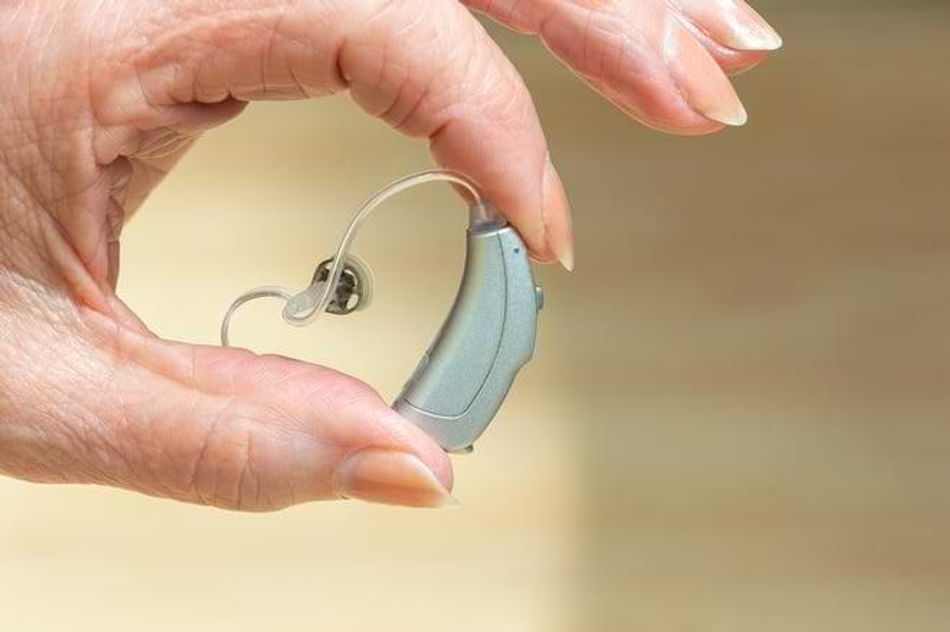Who Uses Hearing Aids?

Many people use hearing aids, but how do you know if you could benefit from one? Here are some answers to that question.
People with mild to moderate hearing loss
Several benefits of wearing hearing aids are possible for people with mild to moderate hearing loss. The most significant benefit of using Widex hearing aids is hearing quiet sounds, such as whispered conversations and birds chirping. It is also possible to hear dripping water or the sound of feet shuffling on the floor. However, people with mild hearing loss will find it difficult to understand conversations in various situations, including social gatherings. Often, they will also have trouble understanding high-pitched sounds and will struggle to follow conversations with others.
The effectiveness of hearing aids is still unclear, but a recent review reviewed the available evidence. This evidence included five clinical studies that involved 825 adults with mild to moderate hearing loss. In one study, participants were given a hearing aid, while in another, a control group received a placebo. All studies lasted between six weeks and six months. Therefore, it was not clear whether the effects of hearing aids were permanent or temporary. The results of these studies were mixed, but they showed a small positive impact on people’s quality of life.
People with middle ear problems
In some cases, people with middle ear problems will also experience adhesive otitis media. When the eustachian tube fails to work properly, the eardrum collapses, allowing fluid to build up in the middle ear. This type of ear infection is more common in babies because their eustachian tubes are smaller than in adults, making it harder for fluid to drain from the middle ear. Sadly, 5 out of every six children will have an ear infection by reaching the age of three.
An infection in the middle ear can cause temporary hearing loss. The fluid may linger for up to three months, resulting in hearing loss. In addition, middle ear infections are uncomfortable and painful. Those who suffer from ear infections may consider middle ear implants. While they may not work as well as bone-anchored hearing aids, they are a viable option for some people with middle ear problems.
People with severe hearing loss
Most people with hearing loss experience some degree of deafness. Those with severe hearing loss can no longer hear sounds below 60 decibels. While moderate deafness can be handled by lip-reading, people with profound deafness can listen to nothing and must rely on sign language and other methods of communication. Approximately 15% of the population over the age of 18 suffers from hearing loss.
A person with severe hearing loss is often cut off from the world. It can be debilitating to try to communicate with others. As a result, they may feel depressed and anxious. Children may struggle in school, and studies indicate a connection between hearing loss and dementia. Hearing aids are a great way to regain hearing, as they amplify sound and help restore a person’s social and professional life.
People with tinnitus
Hearing loss is a common problem among adults, and as many as 20 percent of the population will experience some degree of hearing loss during their lives. Unfortunately, according to the National Institute on Deafness and Other Communication Disorders, around 36 million people in the U.S. are affected by hearing loss. Unfortunately, only a small number of these individuals will receive lasting relief from their hearing loss. The most common hearing problem is tinnitus, a symptom of the underlying problem rather than a particular condition.
Tinnitus is a condition in which the ears cannot filter out sound, which causes a buzzing, clicking, or ringing sensation. This noise is triggered by loud, persistent ear infections and impacted earwax. In patients who do not have hearing loss, hearing aids won’t improve their symptoms. However, people with tinnitus often benefit from hearing aids.
People with ringing in the ears
In addition to the benefits of hearing aids, tinnitus can also be addressed by using tinnitus cancellation therapy. The process involves playing a frequency through the hearing aids to mask the tinnitus. It is recommended for people who suffer from chronic tinnitus and have difficulty hearing. Hearing aids can also help people who wear hearing aids with tinnitus.
Tinnitus is most often a symptom of hearing loss. As the hearing ability decreases, sensory cells in the ear die. As a result, the ringing in the ears becomes progressively louder. Luckily, many people with tinnitus use hearing aid to address this problem. These devices boost the sound in the environment around you, thus drowning out the tinnitus.
People with ringing in the ear
Many people with ringing in the ears use hearing aids as a solution. Tinnitus is a constant ringing, buzzing, or clicking sound originating from the ear. While it may initially seem like background noise, eventually, it becomes more noticeable and is difficult to ignore. This condition may be caused by an injury, environment, or lifestyle, or it can be a combination of these factors.
The good news is that many of the hearing aids available today are made to mask the ringing sound. The purpose of these devices is to give the auditory system more sound to process and ignore the sensations from the inner ear. These hearing aids can help you improve your social life as well. Some audiologists even report that many tinnitus sufferers find wearing hearing aids more beneficial than not using them.



































